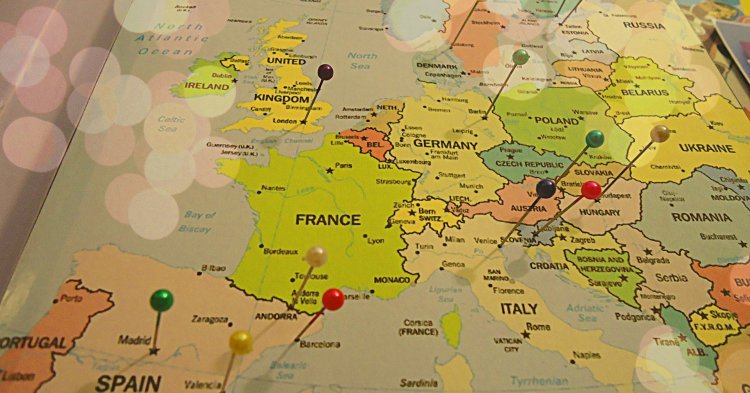This is understandable — European Council press releases on proposed reforms to legal migration schemes for high-skill workers (or anything else, for that matter) will never dominate the headlines. But this does not mean that they are unimportant.
In fact, the May provisional agreement between the European Council presidency and the European Parliament indicates that the EU is doubling down on its unified approach to balancing against an ageing society and deficit in the “global race for talent” relative to peers like Australia, Canada, and the United States.
Many EU member-states face an “increasing demand for skilled workers due to demographic challenges and growing innovation pressures,” yet labor migration into the EU remains “relatively low” compared to other non-EU countries who face similar demographic pressures. This led numerous EU members to prioritize attracting skilled laborers from outside the EU to join their domestic workforces, leading to the introduction of the EU’s “Blue Card” in 2009.
The Blue Card, a bloc-wide work permit, was designed to increase the EU’s desirability as a destination for highly qualified migrants from non-EU countries, but its initial adoption was hampered by restrictive admission regulations and bureaucratic headaches for employers and applicants alike. Additionally, though it was adopted by all EU countries save Denmark, Ireland, and the UK (before it left), the vast majority of Blue Card admissions were by Germany (17,630 of 20,979 in 2016, for example), limiting the bloc-wide benefits.
The European Commission proposed reforming the Blue Card scheme back in 2016, beginning the process that led to the Council’s aforementioned May statement about fresh reforms. The suggested changes mainly focus on easing applicants’ burdens: for one, the salary threshold will be lowered from the 2009 benchmark (1.5 times the per capita average annual gross income of the country being applied to) to a more flexible range between 1.0 and 1.6. Family members of Blue Card holders would also gain access to the EU labor market, and would be able to move between EU member states after an initial 12 months of employment in the first member state.
The recently proposed changes still must be formally approved by the European Council and European Parliament before moving towards final adoption, so nothing is set in stone. Nonetheless, the proposed changes are an important concrete step towards smoothening the migration process across the EU for high-skilled migrants, an important development in the EU’s efforts to counter the labor shortages stemming from a rapidly greying population. Additionally, affirming the EU’s place “firmly among the top destinations for highly qualified workers” is critical for ensuring that the coming “green and digital transformation of our economies” goes smoothly, as Portuguese Minister for Home Affairs Eduardo Cabrita recently noted.
Similar efforts at breaking down bureaucratic barriers between EU members in preparation for an increasingly interconnected future in which Europe may face shortages in the most needed forms of expertise can be seen with the European University Initiative. The initiative seeks to increase collaboration between students from different member states to address Europe’s “societal challenges and skills challenges” and increasing demand for high-skilled workers who can “navigate the twin green and digital transition and build a resilient society.”
However, while the European University Initiative focuses on better preparing young Europeans (including those from non-member states Iceland, Norway, Serbia, Turkey, and the UK) to meet the demand for high skill workers, efforts at Blue Card reform highlight the importance of migrants in Europe’s future. Highly skilled migrants will play a critical role in ensuring the EU does not fall further behind Australia, Canada, New Zealand, and the US in the global competition for the world’s brightest minds. Most importantly, however, they will ensure that many European countries’ rapidly aging populations are not faced with significant labor shortages in the sectors most critical to the coming green and digital transformations.

Follow the comments: |
|
